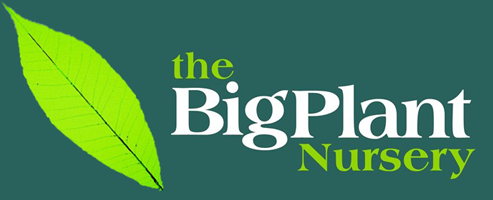An eco and wildlife friendly garden is all about working with nature, not against it. It’s important to choose the right type of landscaping materials and plants to create a low maintenance garden that will encourage native wildlife such as birds, beneficial insects and small mammals.

Design and Landscape
- Natural materials
- Flowering plants to encourage pollinators
- Use recycled materials – reclaimed sleepers to create borders and raised beds. Tin baths and buckets as planters (make sure you drill drainage holes before planting).
- Areas to attract wildlife e.g. rockeries, log piles, hedgehog boxes, “bug hotels”, water features, bird boxes, compost area.
- Gravel gardens (a great option for a low maintenance garden)
- Create a gravel garden for drainage
- Use drought tolerant plants
- Plant trees to reduce CO2 emissions
- Have a system to collect rain water in place
Which plants to use?
- Use drought tolerant plants
- Plants to attract pollinators and wildlife – choose berry producing plants and trees such as Hawthorn. Plants with ‘open faces’ and bright blooms for bees.
- Plant Trees – a single tree (up to the age of 40yrs old) can absorb 21kg of carbon emissions.
- Use hedging to create screening as this will provide shelter for birds and nesting sites.
- Don’t forget about spring flowering plants – these also provide a good source of nectar.



Attract more bees
- Replace some of your lawn with flowering plants (British wildflowers would be best).
- Observe the plants that bees particularly enjoy in your garden and in the local area.
- Clumps of bee-friendly plants, planted in sunny positions are more attractive to bees than scattered or shady spots.
Large shrubs and trees are a vital food source as well. According to the National Garden Scheme five established winter/early spring flowering trees supply a similar amount of pollen and nectar as an acre of meadow.
World Bee Day is on the 20th May and with Angelina Jolie on board as a bee ambassador since 2021, there is quite a buzz around it. The goal of World Bee Day is to strengthen measures aimed at protecting bees and other pollinators, which would significantly contribute to solving problems related to the global food supply and eliminate hunger in developing countries.

Things to avoid
- Peat compost – digging up peat bogs causes devastation for natural landscapes and native wildlife. We stock peat free multi-purpose compost <shop now>
- Artificial materials

Create a meadow style, wild garden



For larger projects, our Creative Landscape design and build team can help you create a low maintenance gravel garden.
Contact us by email or call to discuss on Tel: 0118 934 1500
